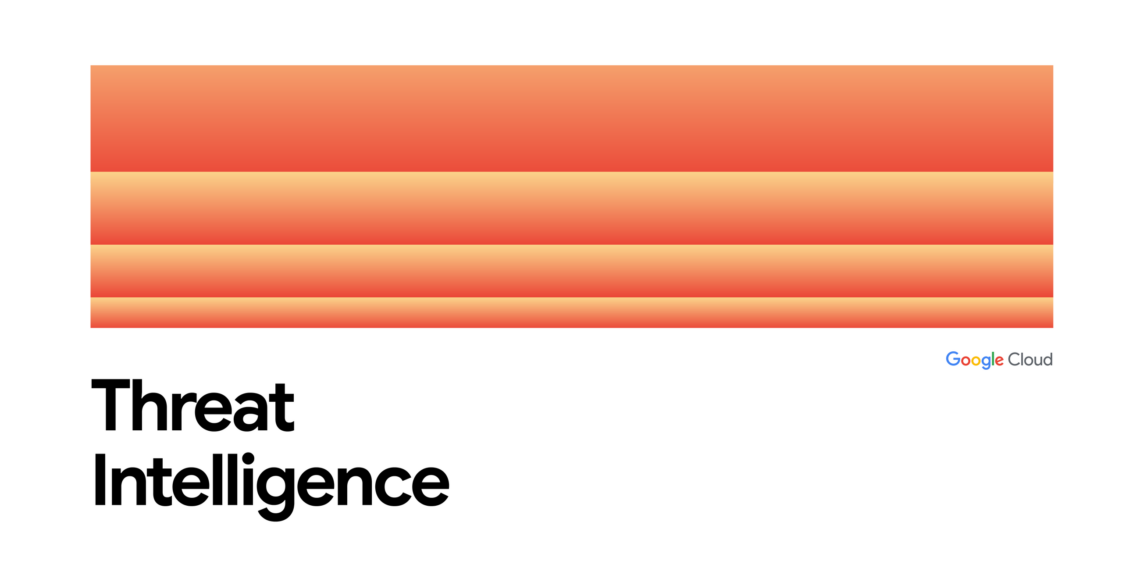Financially motivated operations are broadly prevalent among threat actors linked to the Democratic People’s Republic of Korea (DPRK). These include groups focused on generating revenue for the regime as well as those that use the illicit funds to support their intelligence-gathering efforts. Cybercrime focuses on the cryptocurrency sector and blockchain-related platforms, leveraging tactics including but not limited to the creation and deployment of malicious applications posing as cryptocurrency trading platforms and the airdropping of malicious non-fungible tokens (NFTs) that redirect the user to wallet-stealing phishing websites. A March 2024 United Nations (UN) report estimated North Korean cryptocurrency theft between 2017 and 2023 at approximately $3 billion.
APT38
APT38, a financially motivated group aligned with the Reconnaissance General Bureau (RGB), was responsible for the attempted theft of vast sums of money from institutions worldwide, including via compromises targeting SWIFT systems. Public reporting has associated the group with the use of money mules and casinos to withdraw and launder funds from fraudulent ATM and SWIFT transactions. In publicly reported heists alone, APT38’s attempted thefts from financial institutions totaled over $1.1 billion USD, and by conservative estimates, successful operations have amounted to over $100 million USD. The group has also deployed destructive malware against target networks to render them inoperable following theft operations. While APT38 now appears to be defunct, we have observed evidence of its operators regrouping into other clusters, including those heavily targeting cryptocurrency and blockchain-related entities and other financials.
UNC1069 (CryptoCore), UNC4899 (TraderTraitor)
Limited indicators suggest that threat clusters GTIG tracks as UNC1069 (publicly referred to as CryptoCore) and UNC4899 (also reported as TraderTraitor) are successors to the now-defunct APT38. These clusters focus on financial gain, primarily by targeting cryptocurrency and blockchain entities. In December 2024, a joint statement released by the US FBI, DC3, and National Police Agency of Japan (NPA) reported on TraderTraitor’s theft of cryptocurrency then valued at $308 million USD from a Japan-based company.
APT43 (Kimsuky)
APT43, a prolific cyber actor whose collection requirements align with the mission of the RGB, funds itself through cybercrime operations to support its primary mission of collecting strategic intelligence, in contrast to groups focused primarily on revenue generation like APT38. While the group’s espionage targeting is broad, it has demonstrated a particular interest in foreign policy and nuclear security, leveraging moderately sophisticated technical capabilities coupled with aggressive social engineering tactics against government organizations, academia, and think tanks. Meanwhile, APT43’s financially motivated operations focus on stealing and laundering cryptocurrency to buy operational infrastructure.
UNC3782
UNC3782, a suspected North Korean threat actor active since at least 2022, conducts both financial crime operations against the cryptocurrency sector and espionage activity, including the targeting of South Korean organizations attempting to combat cryptocurrency-related crimes, such as law firms and related government and media entities. UNC3782 has targeted users on cryptocurrency platforms including Ethereum, Bitcoin, Arbitrum, Binance Smart Chain, Cronos, Polygon, TRON, and Solana; Solana in particular constitutes a target-rich environment for criminal actors due to the platform’s rapid growth.
APT45 (Andariel)
APT45, a North Korean cyber operator active since at least 2009, has conducted espionage operations focusing on government, defense, nuclear, and healthcare and pharmaceutical entities. The group has also expanded its remit to financially motivated operations, and we suspect that it engaged in the development of ransomware, distinguishing it from other DPRK-nexus actors.
DPRK IT Workers
DPRK IT workers pose as non-North Korean nationals seeking employment at a wide range of organizations globally to generate revenue for the North Korean regime, enabling it to evade sanctions and fund its weapons of mass destruction (WMD) and ballistic missiles programs. IT workers have also increasingly leveraged their privileged access at employer organizations to engage in or enable malicious intrusion activity and, in some cases, extort those organizations with threats of data leaks or sales of proprietary company information following the termination of their employment.,
While DPRK IT worker operations are widely reported to target US companies, they have increasingly expanded to Europe and other parts of the world. Tactics to evade detection include the use of front companies and services of “facilitators,” non-North Korean individuals who provide services such as money and/or cryptocurrency laundering, assistance during the hiring process, and receiving and hosting company laptops to enable the workers remote access in exchange for a percentage of the workers’ incomes.
